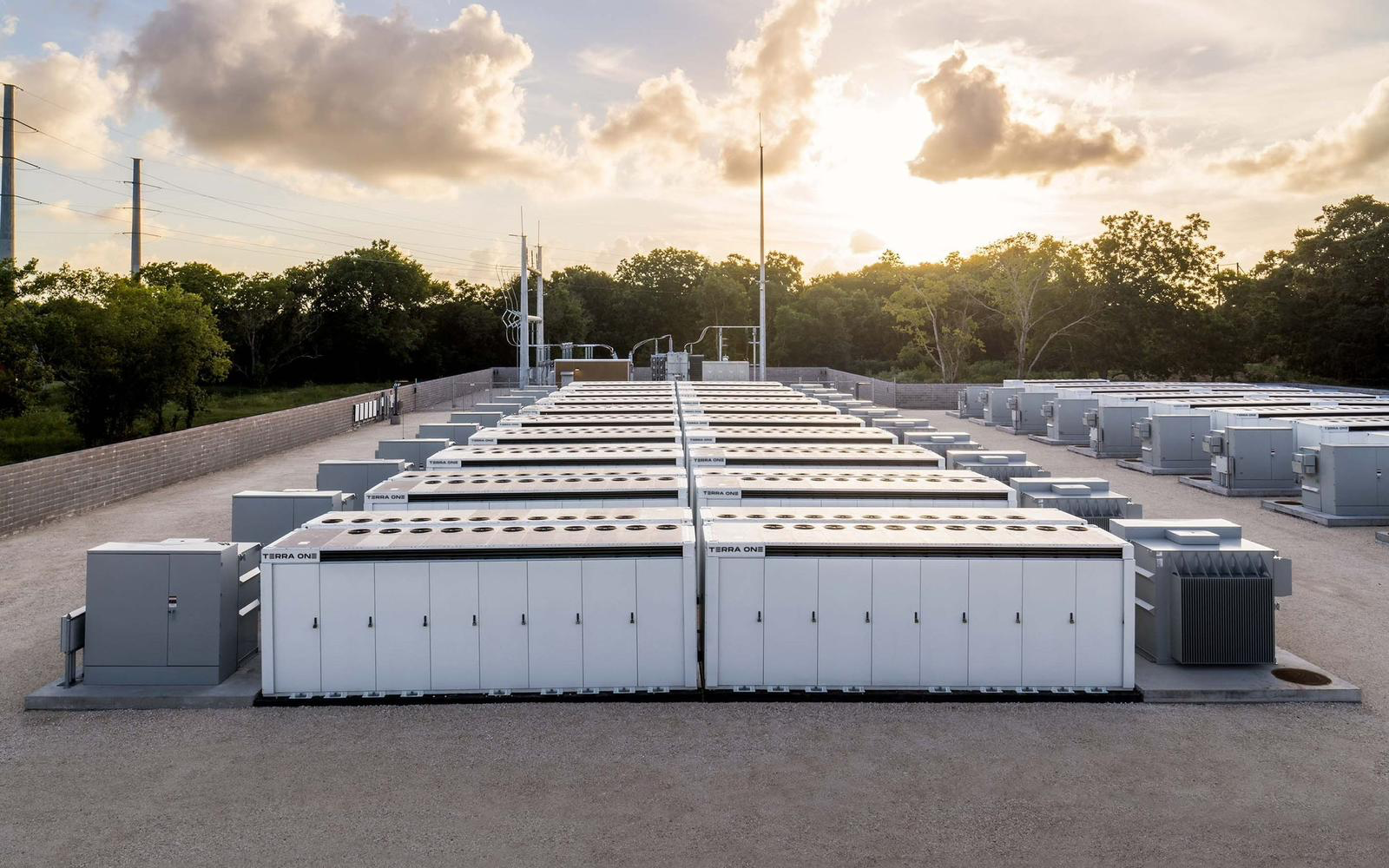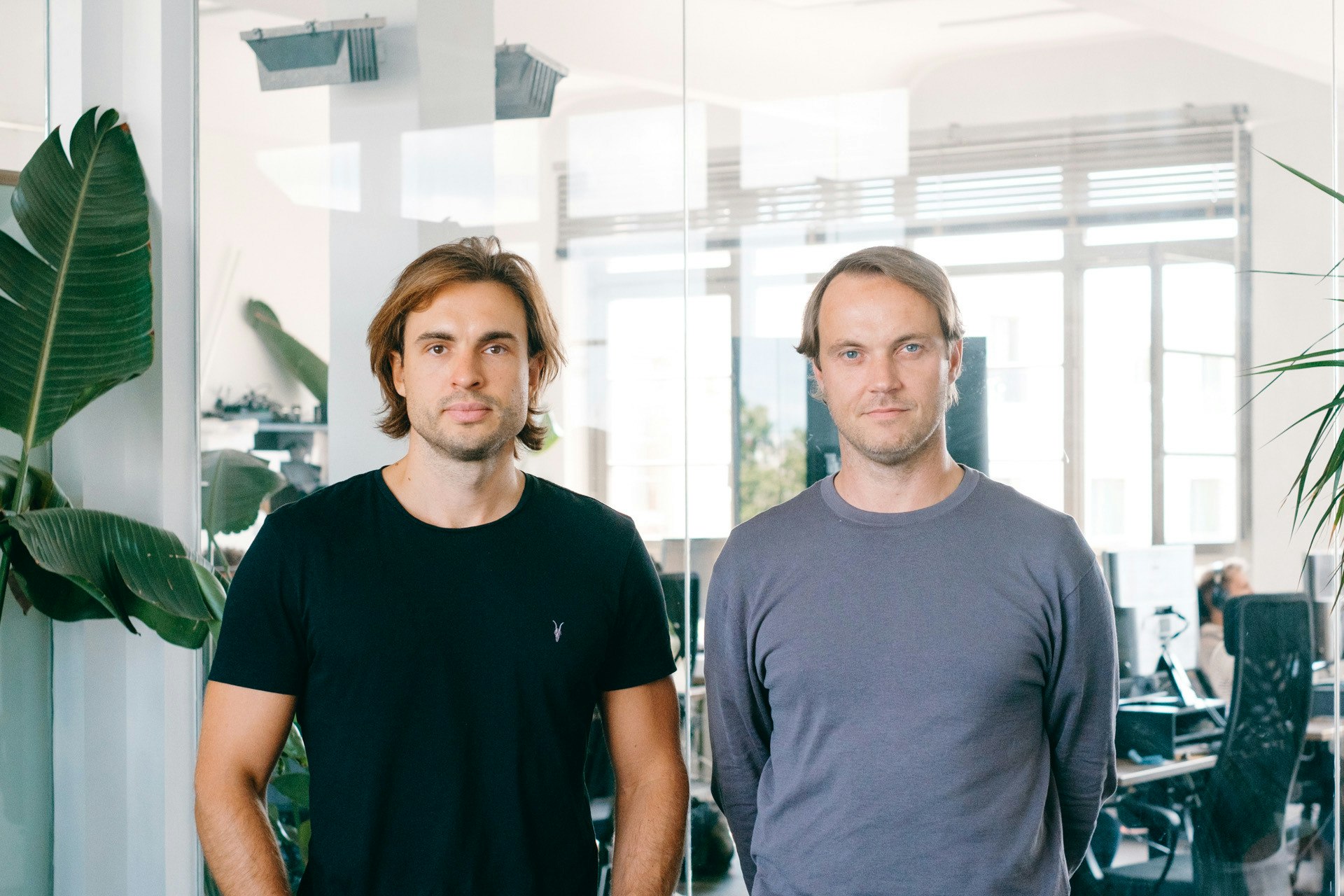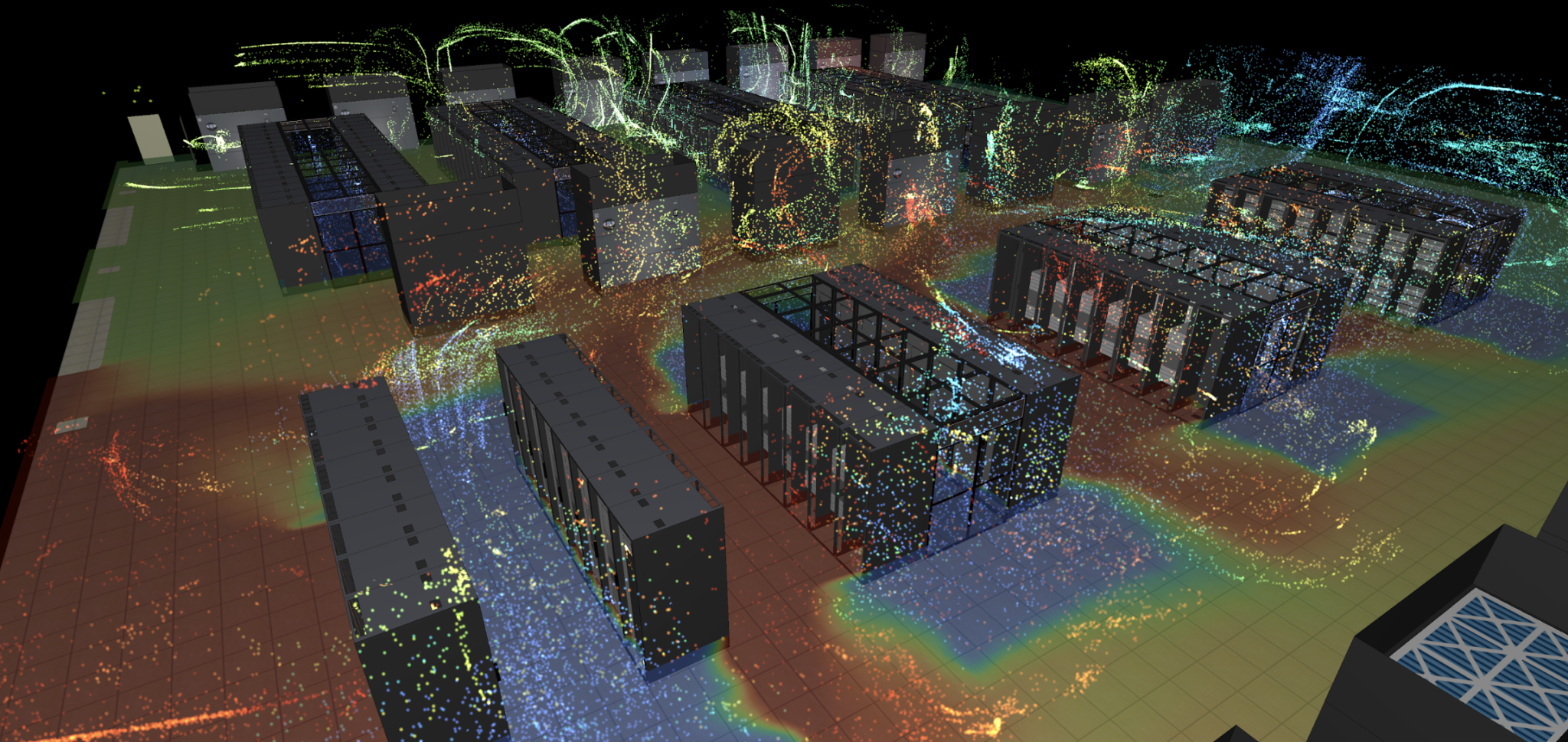Berlin-based startup Terra One has secured $7.5m in seed funding to scale its battery storage systems in Germany.
With the rise of electrification, such as heat pumps and electric vehicles, the energy grid is under a lot of stress in Europe. The inefficiency of the energy grids mean high amounts of clean energy are often wasted.
In 2023, Germany lost nineteen terawatt hours of energy — enough to power six million households — due to grid congestion. Terra One's solution is to store renewable energy generated during periods of low demand, which is then released to the grid when demand is high.
Instead of producing the batteries in-house, Terra One buys lithium-ion batteries from companies like Tesla or CATL. It then places the batteries in locations close to a transmission line or substation and plugs them into the grid via a grid operator, of which there are 800 in Germany.

The company’s innovation, it says, is its AI model which analyses market trends and supply and demand to decide when the optimal point is to charge the battery — both in terms of energy balance in the grid and price for customers — and when to discharge it.
PT1, an early-stage VC for real asset technologies and neosfer, the early-stage investor of Commerzbank led the round. 468 Capital, N26 cofounder Maximilian Tayenthal as well as the scout funds of Andreessen Horowitz and Hedosophia also participated.
Terra One’s solution
The company founded in 2022 purchases energy from the European Energy Exchange (EEX) during the middle of the day and at nighttime when the share of renewables is highest. It stores this energy in its batteries and its AI model finds the optimal time to sell energy back to the EEX when the proportion of renewable energy is low.
It has 300 projects in the pipeline, the majority of which are waiting for planning permits and grid access before they can be developed. Obtaining permits can often be a long process which Germany is trying to alleviate with its battery storage strategy.
Terra One's battery systems generate between 10 and 500 megawatts of clean electricity, according to the company.
“To put it into perspective, the city of Potsdam of 100k inhabitants outside of Berlin consumes 90 megawatts per hour. So if you have a battery for 500 megawatts, that could power Potsdam for over five hours,” says Terra One cofounder and CFO Thomas Antonioli, the former CFO of electronic rentals unicorn Grover.
Other battery storage companies in Europe include Field in the UK — which has a similar model to Terra One of selling power back to the grid, but they also sell regulation services to grids. There are also two big players in Sweden: Polarium which develops battery storage for companies, and Ingrid Capacity which builds large-scale energy storage facilities.
Future financing
Terra One will use the VC funding to hire engineers and project finance experts, develop its AI software and, eventually, roll its infrastructure out to different countries.
Infrastructure and pension funds that want to invest directly in batteries will fund its physical hardware, which they can do so via a special purpose vehicle Terra One has set up.
As a result, the company anticipates it won’t have to raise much more equity to scale the business.
“Batteries are relatively new and are more complicated to build and run than, say, a solar panel,” says Antonioli.
“So there are many pockets of capital who would like to deploy capital (in batteries) but have not been able to do so because there’s no access. We aim to provide this kind of conduit for them to invest in batteries.”
“VC investors would not be terribly excited to fund this: they want to invest in the software and the team and in the scalable business, but not in a kind of hard asset.”


